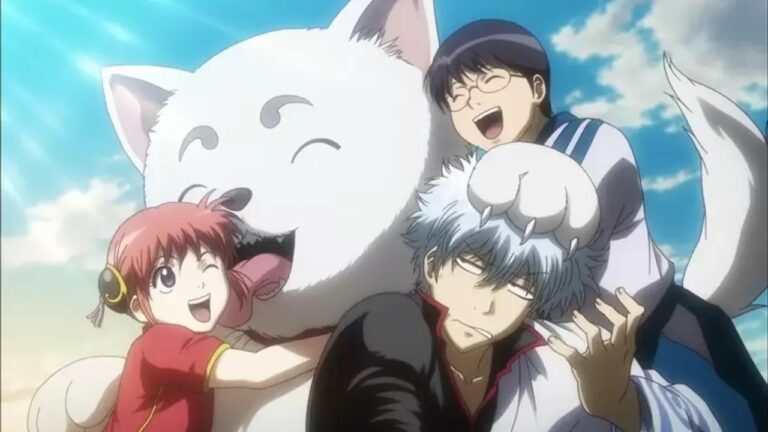Let’s be honest for a minute and understand when we discuss the most influential shonen titles in his history, it’s most likely ‘Naruto’ and ‘One Piece‘ or ‘Dragon Ball Z’ holding the supreme power as they dominate the conversation. There is absolutely no doubt that these Shonen titles defined the genre with their world-building and storytelling.
But sadly, even though Shonen is known for intensive storytelling and animes that holds “weight” people often sideline our beloved White Demon, Gintoki from, ‘Gintama.’ It is created by Hideaki Sorachi and produced by Sunrise, which deserves the same level of recognition, love and respect because this series’ comedy, drama, and action (while exploring real human emotions and social themes) is top-tier.
5. Grounded and Impactful Action
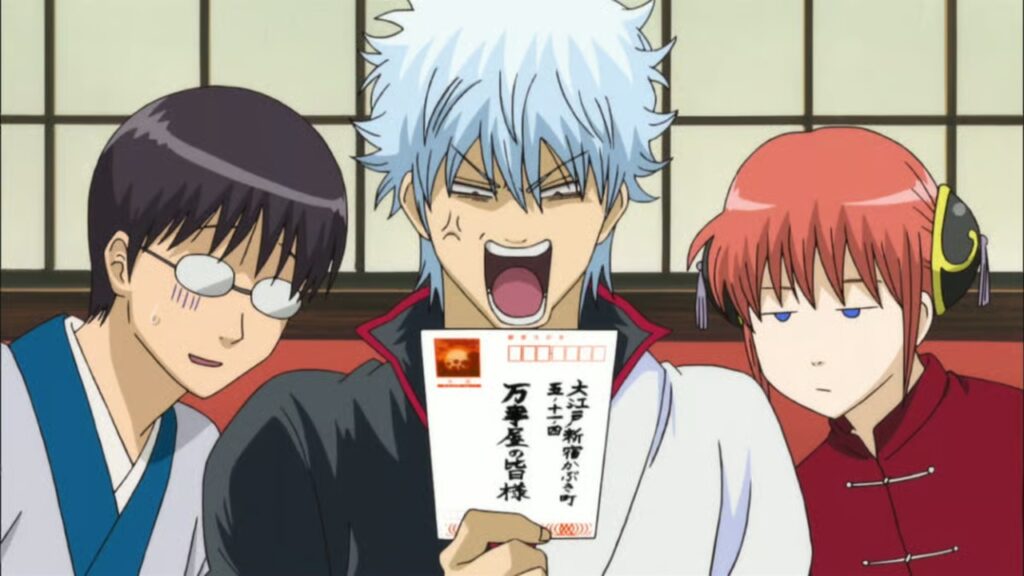
Honestly the action in Gintama is intense even though it never relied on exaggerated powers. Each battle as well as small cat fight carries personal meaning, showing loyalty, belief, or just uncontrollable stitches. The choreography is precise and effective, showing us that strength comes from determination and heart.
4. Emotional Story Arcs
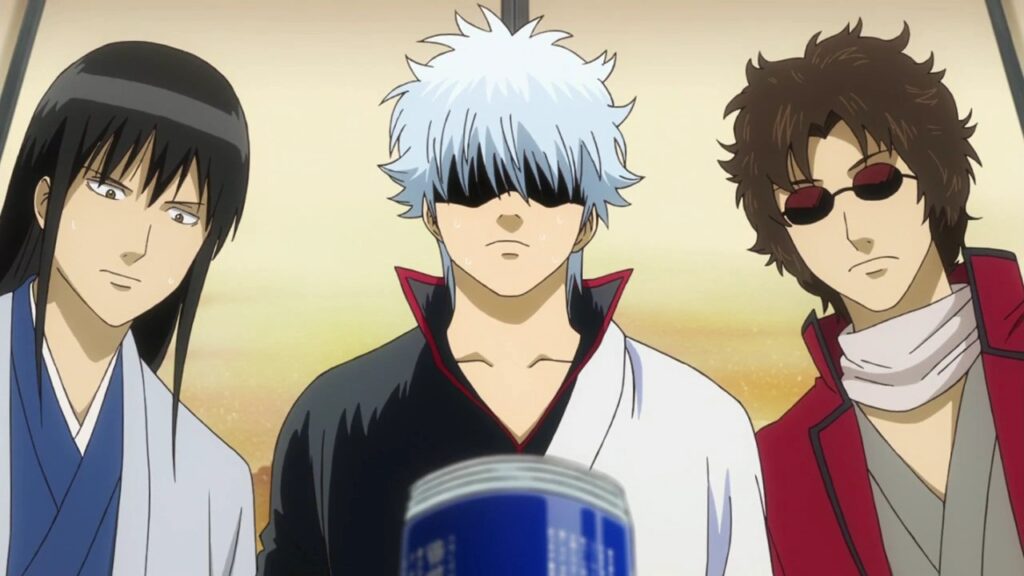
Gintama’s serious arcs are among one of the best written in Shōnen so far and no one can deny this. Once you start series and eventually reach to Shogun Assassination and Farewell Shinsengumi arcs everyone realizes that it is one of the best written story. They combine high-stakes action with emotional storytelling and character growth. These arcs work because the show builds them gradually, allowing relationships and stakes to develop with time.
3. Complex and Relatable Characters
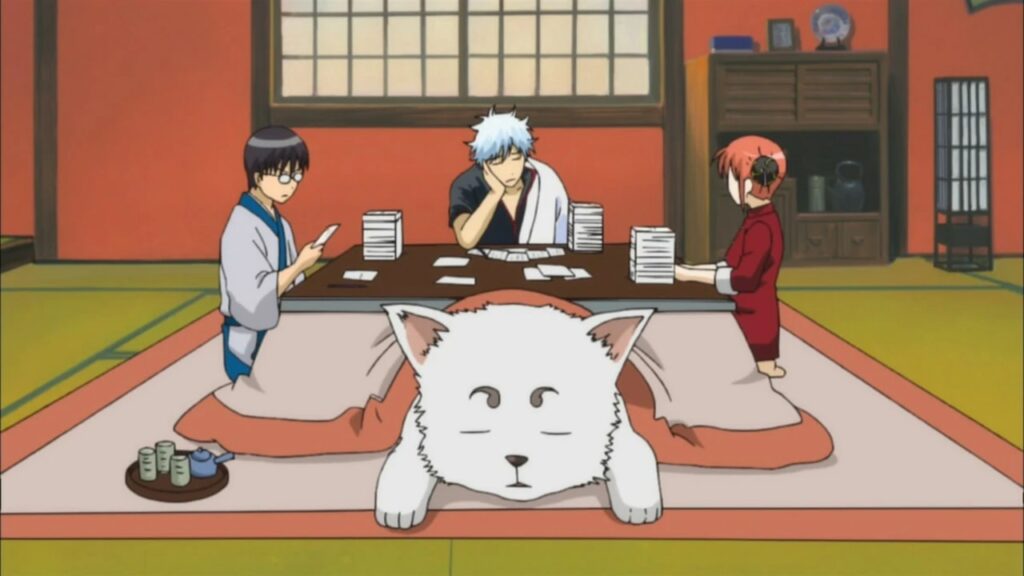
Beneath its never-ending comedy driven plot, the anime has strong and retable. characters. Gintoki Sakata, who is a lazy shonen loving buff is also a very skilled samurai. He hides his pain from the past behind his carefree attitude which we understand as the plot unfolds.
We see Kagura struggling to balance her strength with her humanity, while Shinpachi’s sense of duty grounds the group in reality, even though he agrees to whatever the other two has to plot. These characters evolve through small, meaningful experiences rather than dramatic transformations. Even the supporting cast, such as Shinsengumi receives emotional depth and believable motivations.
2. Sharp Parody and Meta-Humor
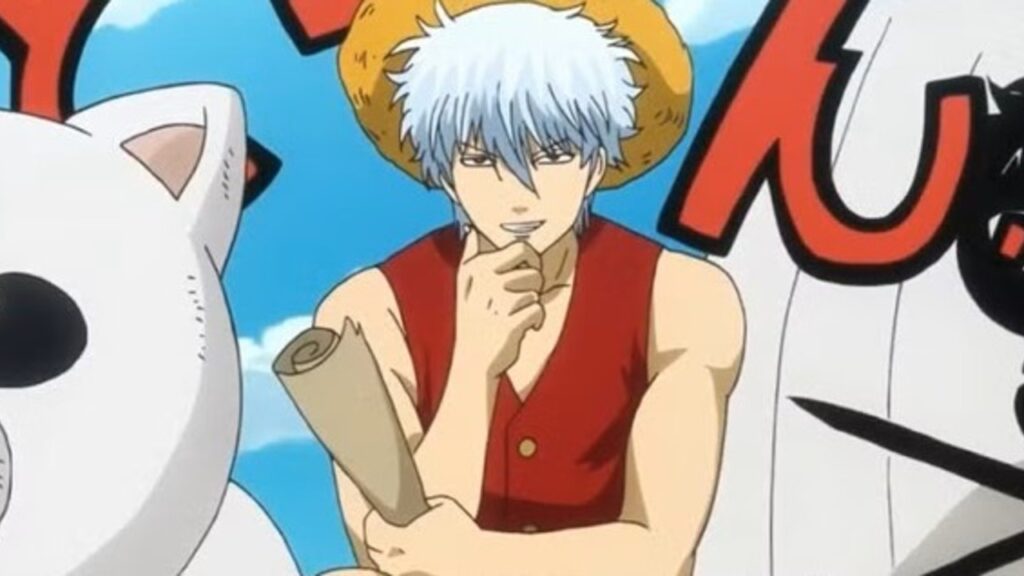
Honestly, it’s safe to say that is anime is not meant for kids. This show will put every sense to anything nonsense which is undeniably very funny. We have the thre main characters and some police forces who are basically after eachother’s back with anything random.
Whether you are watching the first or the 50th episode you will simply have bad stomach ache due to laughter. Hideaki Sorachi built Gintama on clever parody, and the series constantly uses references from other series, pop culture, and even the industry itself. It often mocks well-known tropes from shows like Naruto, One Piece, Neon Genesis Evangelion, and Assassination Classroom, while still showing admiration for them.
1. Genre-Bending Storytelling
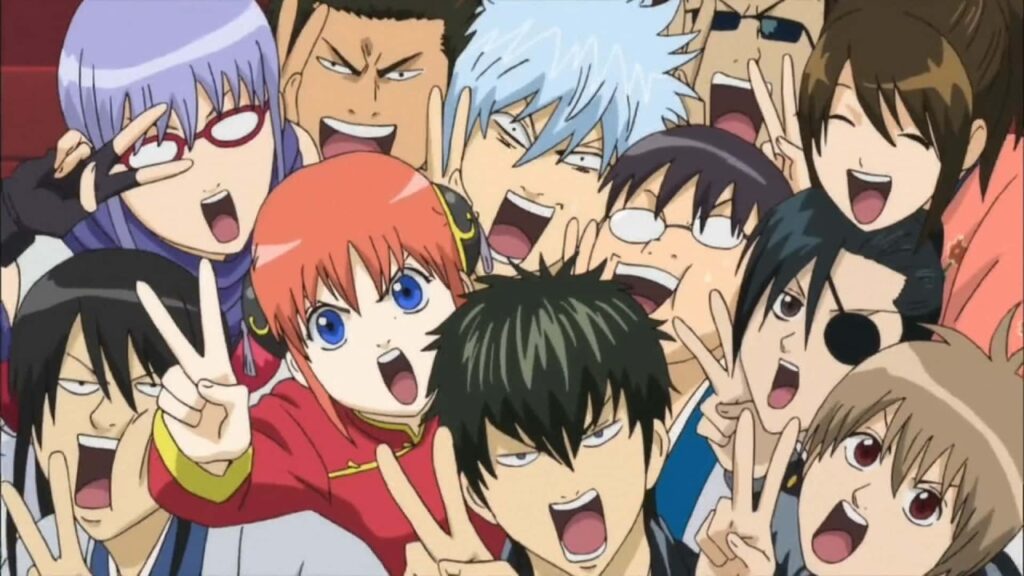
Even though, it is a comedy anime, Gintama does move effortlessly between comedy and serious drama though. One episode can be filled with absurd humor, while the next can deal with loss, honor, or sacrifice. This tonal variety has made this anime very unpredictable and engaging. Unlike Naruto and One Piece, (Sorry Pirate King fans) which follow a consistent heroic structure, Gintama constantly changes it pace and it’s emotion to fit the story.
